Self-help is often the first choice amongst people who want to change their gambling. Different strategies work for different folks.
Our counsellors share some information below on how to stop gambling or how to practise safer gambling.
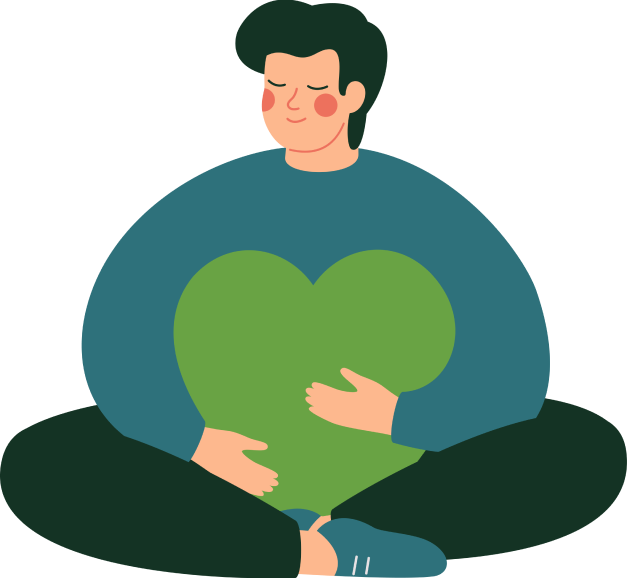

Taking up new habits can help you to stay busy, keep your mind off gambling, and keep you out of situations that make you want to gamble.
Healthy habits can also contribute to improved mental health and physical wellbeing. Examples of healthy habits you can start today include:

By setting limits, you can take back control of your gambling. Gambling limits may include:
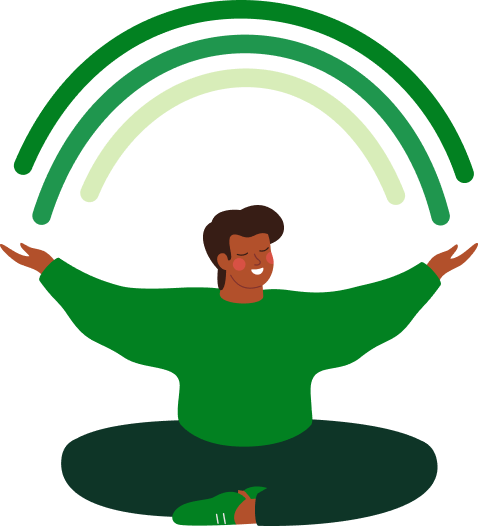
Finances are one of the first things that can be impacted by gambling harm. Gambling harm can have devastating financial consequences.
Here are some money management tactics for gambling that are safer for your wallet:
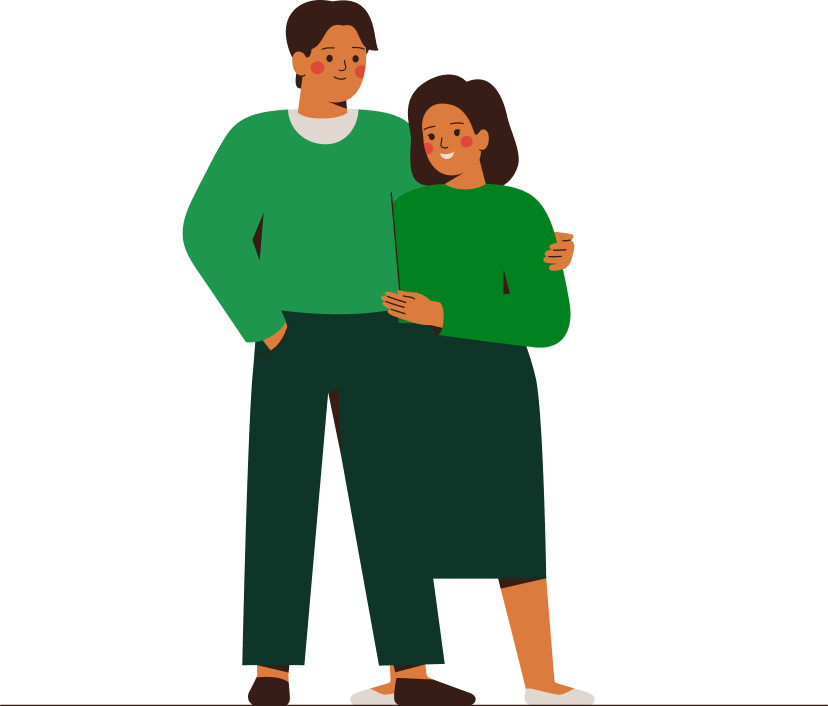
Social support involves opening up about your experience, whether it’s with trusted friends and family or with strangers who are going through similar challenges. Talking about your gambling might be a good way to vent and take some weight off your shoulders.
Social support includes:
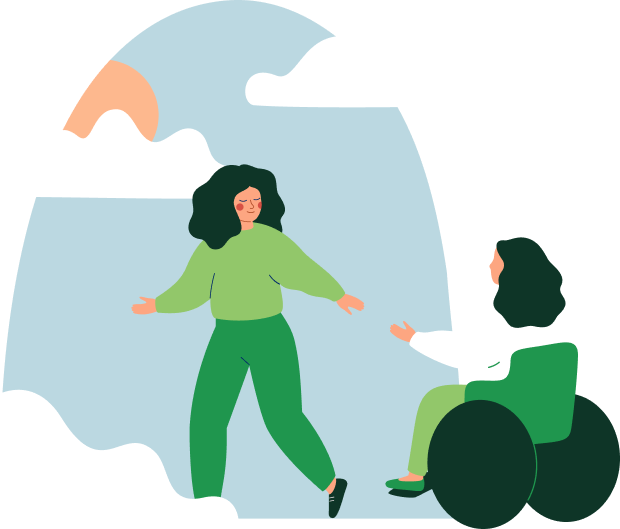
Making changes often starts from within.
Changing your thoughts and beliefs around gambling includes:

A trigger is something that sets off a negative emotion.
An urge is a desire to enact on a – usually unwanted – behaviour.
In the case of gambling, certain things might trigger the urge to gamble. Triggers and urges can cause us to feel and act in ways that we don’t necessarily want.
The first step to managing triggers and urges is to understand what yours are. What makes you feel like you want to or have to gamble?
Examples of triggers might include:
Once you’ve identified what triggers your urge to gamble, it’s wise to avoid these triggers while you’re still in the early stages of changing your gambling.
How to avoid triggers:
Sometimes, completely avoiding triggers isn’t possible. Or maybe you’re feeling comfortable enough on your healing journey to face your triggers and manage the urges that may follow.
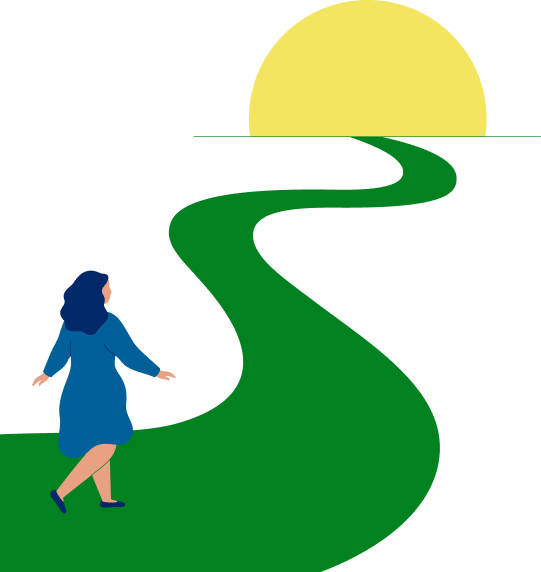
Try the “6 D Approach”
Put off the urge for five minutes, then 20 minutes, then one hour and so on. Urges are like waves – they build to a peak, but subside and fade. Each urge you beat is a step in reducing future urges.
Think about something that makes you happy. Find an alternate activity to busy yourself with, like writing down your feelings in a journal or in your phone, stepping outdoors for a walk and some fresh air, going to the gym, or cooking a healthy meal.
Take alternate routes around the gaming venue or seek new ways home that don’t pass the venue.
Ring a trusted loved one to talk through your urge, or ring Gambling Help to speak to a counsellor any time at 1800 858 858.
Take three deep breaths. Concentrate on how you feel as you breathe in and out. What emotions are you experiencing?
Once the urge to gamble has passed and your mind is clear, making a pros and cons list (such as the advantages and disadvantages of gambling) can help you decide what to do next.

It’s easy to let our wellbeing slide when we’re experiencing something as difficult as gambling harm.
Focusing on your mental and physical health makes a huge difference when trying to change your gambling.
By prioritising your health, you can manage stress and other negative emotions that make you want to gamble. With a clearer head and a healthier body, it’s easier to move forward.
Positive health and wellbeing practices

A gambling self-ban, or self-exclusion, is a voluntary request to be excluded from specific gambling providers, products, or services.
Most gambling providers in Queensland are required to offer self-exclusion. You can self-ban from gambling at clubs, hotels, TAB outlets, and casinos across the state. You can also ban yourself from online gambling and mobile gambling.



Call Gambling Help
Call for a free, confidential chat any time, or to book an appointment.

Read stories about people who’ve overcome gambling harm.
Read more gambling storiesOur Gambling Help counsellors, practitioners, and community educators share professional advice for people experiencing gambling harm and for those affected by someone else’s gambling.
Read more